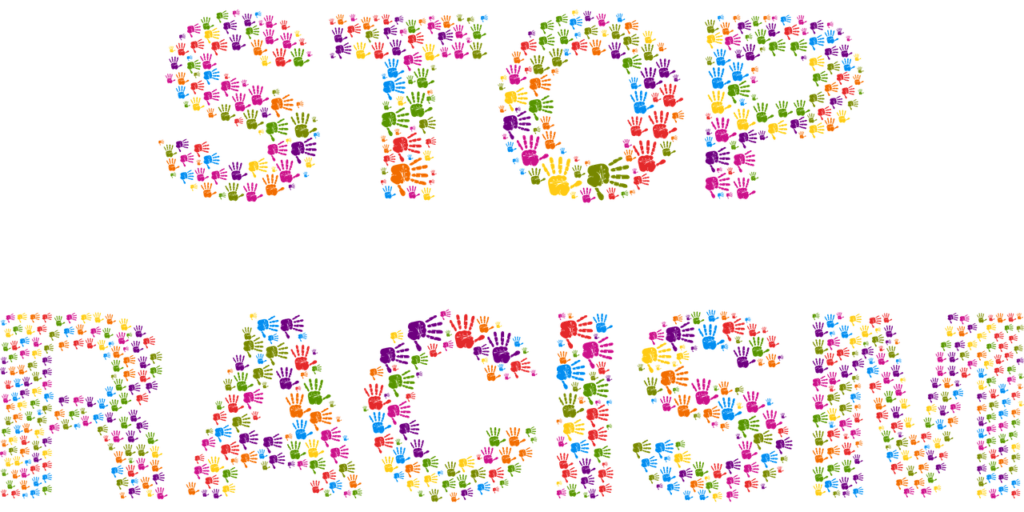By the time this paper gets in your hands, the events that took place in Charlottesville may be nothing more than a distant memory, eclipsed by more pressing issues and the breaking news of the day. After all, tragedy happens, it becomes water-cooler talk, then we move on.
But the thing about history is, it often repeats itself. Despite the many advances we’ve made in terms of civil liberties, images and rhetoric from Charlottesville take us right back to the Civil Rights movement, when African Americans and other minority groups were still fighting for their place at the table.
And while Long Island may not have symbols of the Confederacy littering our landscape like Charlottesville does, what happened in Virginia was about a lot more than a statue. The eruption of hatred and vitriol that tore apart Charlottesville could have easily happened on Long Island, which despite its place above the Mason-Dixon line, is not immune to the scourge of racism. Just this summer alone, graffiti advocating violence against white people has been found on a fence in Huntington Station, anti-Semitic spray-paint was found outside an Amityville elementary school, a Muslim family in Malverne found KKK flyers in their mailbox and African American protesters in Garden City were met with racial slurs as they demanded affordable housing.
Race issues have divided our country for decades, but what was once contained to Internet chatrooms and secret meetings seems to be playing out on the public stage more and more. The future of America will be shaped either by equality or divisiveness; so now is the time to ask ourselves what part we play in keeping the events of the Civil Rights movement, and of Charlottesville, from repeating themselves in 10, 20 or 50 years.
One of the most notable things about the Charlottesville rally was how young many of the participants were. And while it’s heartbreaking to see people in their 20s and 30s chanting Nazi slogans, it’s also inspiring to see people of that same age, with decades of influence and social action ahead of them, standing up to racism and injustice.
And while you may not have a KKK hood in your closet, you may have picked up on some wrong assumptions along the way; thinking that affects who you associate with, the neighborhoods you visit and the activities you partake in. Among many other lessons, Charlottesville reminds us that there’s never a bad time to question our presumptions. After all, racist attitudes aren’t born overnight. But they will have effects that last for generations.
—Betsy Abraham



























